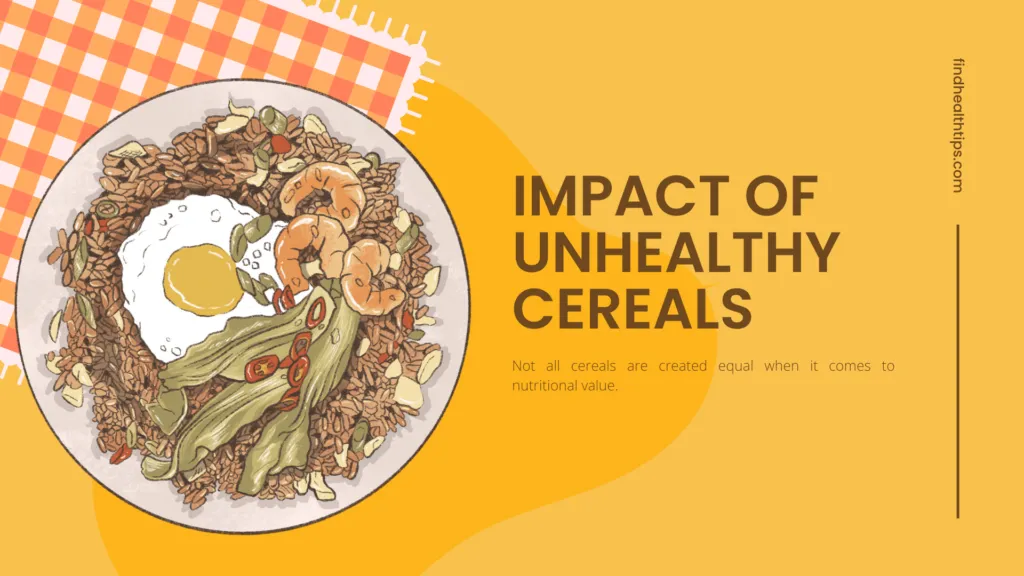In today’s fast-paced world, breakfast cereals have become a popular choice for busy parents looking for a quick and convenient meal option for their children. However, not all cereals are created equal when it comes to nutritional value.
Some cereals marketed towards children are loaded with sugar, artificial flavors, and additives, making them far from a healthy choice. In this article, we will explore the impact of unhealthy cereals on children’s health and highlight the importance of making informed choices when it comes to breakfast options.
Understanding the Nutritional Content of Cereals
When it comes to evaluating the healthiness of a cereal, it’s essential to consider its nutritional content. Unfortunately, many cereals targeted at children are high in added sugars, artificial colors, and preservatives, while lacking essential nutrients. These cereals often fail to provide the necessary vitamins, minerals, fiber, and protein that children need for their growth and development.
Sugar: One of the primary concerns with unhealthy cereals is their high sugar content. Excessive sugar intake can contribute to various health problems in children, including obesity, dental issues, and an increased risk of developing chronic conditions such as type 2 diabetes.
It is crucial to be mindful of the sugar content in cereals and opt for those with minimal added sugars or choose natural sweeteners like fruits.
Artificial Flavors and Additives: Many unhealthy cereals are loaded with artificial flavors, colors, and additives to enhance their taste and appearance.
These additives may have negative effects on children’s health, such as hyperactivity, allergies, and other adverse reactions. Choosing cereals with natural ingredients and minimal artificial additives is a healthier option.
Lack of Essential Nutrients: Unhealthy cereals often lack essential nutrients that are vital for a child’s growth and development.
These cereals are typically low in fiber, protein, vitamins, and minerals. A breakfast lacking these nutrients can lead to nutrient deficiencies, poor concentration, and compromised immune function. Opting for whole grain cereals with added vitamins and minerals can help ensure that children receive the necessary nutrients to support their overall health.
The Most Unhealthy Cereal: The Importance of Making Informed Choices
While it is challenging to pinpoint the single most unhealthy cereal, there are several popular options in the market that are notorious for their poor nutritional profiles.
These cereals are typically high in sugar, low in fiber, and lack essential nutrients. Consuming these cereals regularly can contribute to adverse health effects in children.
It is crucial for parents to read the nutrition labels and ingredient lists of cereals before making a purchase. Look for cereals that are low in sugar, high in fiber, and contain whole grains. Additionally, opting for cereals fortified with essential vitamins and minerals can help ensure that children get the nutrients they need.
Conclusion:
Choosing a healthy breakfast cereal is a significant step toward promoting children’s overall health and well-being. Unhealthy cereals, often high in sugar and lacking essential nutrients, can have detrimental effects on children’s health, including obesity, dental problems, and nutrient deficiencies.
To make informed choices, parents should carefully read nutrition labels, choose cereals low in sugar and artificial additives, and opt for whole grain options rich in fiber.
By doing so, parents can provide their children with a nutritious start to the day, supporting their growth, development, and long-term health.
Remember, breakfast is an essential meal, and selecting the right cereal can contribute to a healthier lifestyle for your child.
Make conscious choices and prioritize their well-being by opting for cereals that provide essential nutrients without compromising on taste and enjoyment.

